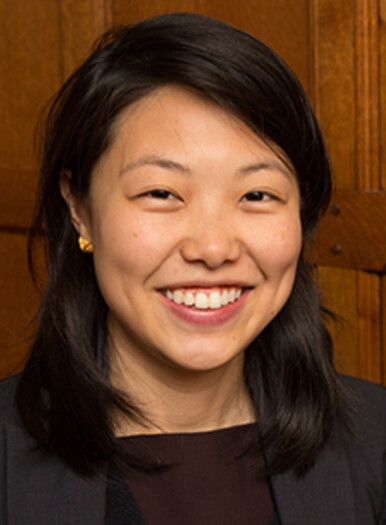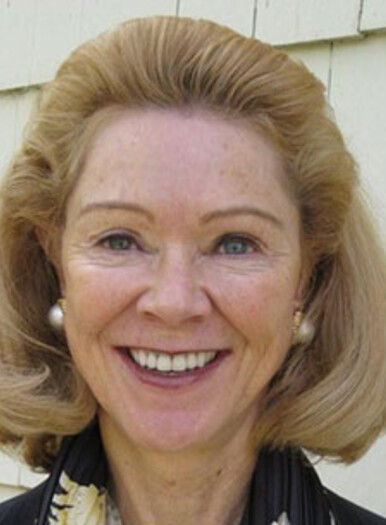Teaching Overview
The work of a law professor combines research, writing, and teaching. For those in clinical teaching it adds the rewards of direct client services. This combination creates a highly appealing mix for many people, including many Yale Law School graduates. Yale Law School alumni have been very successful on the law teaching market and are currently law professors in every conceivable subject at schools of every type in every area of the globe.
In surveys of Yale Law School alumni, law professors consistently report a high degree of satisfaction in their work. Yet law teaching is not for everyone. Yale Law School provides many resources to assist you in your evaluation of whether this world fits you, as well as to explain the law teaching market and to provide concrete advice on (and support toward) entering it.
If you are a current law student with an interest in academia, you may wish to use part of your time at Yale learning more about law teaching careers through, e.g., the Law Teaching Series (discussed below); Research Assistantships; coursework; clinic work; and conversations with faculty members. While law teaching job searches tend to take place after graduation, you may also wish to start honing your legal research and writing skills, and developing publications. There is no specific law student summer job path, or term-time trajectory, for students who wish eventually to go on the law teaching market; however, you may wish to pursue experiences in these years that pertain to the type of subjects in which you would be interested in engaging academically in future years.
Stages of Entering the Market
- Read the Law Teaching Program’s website, which provides an overview of the current law teaching market; a discussion on preparing for a career in law teaching; robust advice concerning all phases of the law teaching job search, including various ways by which to transition to academia (including, e.g., fellowships and/or visiting assistant professorships (VAPs), advanced degrees, and several additional and non-traditional methods); a discussion of demonstrated scholarly achievement (in the form of publications and works-in-progress), as well as a scholarly agenda (i.e., a set of questions, issues, or problems in which you plan to engage academically over the next several years).
- If you are a current law student, attend the Law Teaching Series, presented by the Law Teaching Program to hear from panels of law professors on topics ranging from developing a research agenda to clinical law teaching. The Law Teaching Program also provides workshops to give student authors a chance to present their work to the Law School community and to receive faculty commentary.
- Begin to think about how to carve time to research, write, and publish academic articles on law-related topics, which will be critical as you prepare to apply for legal academic positions.
- If you are at an early stage of exploring possible careers in law teaching, meet with a counselor in CDO to discuss your law teaching interests. CDO can provide individualized counseling, CV review, and other forms of assistance.
- Make your interest in law teaching known to the Law Teaching Placement Committee by emailing the Committee at lawteaching@yale.edu. Among other resources, the Committee maintains two email lists for law teaching candidates – one for candidates thinking about going on the market in the future, and another for candidates going on the market in the next cycle. In your email outreach, request to join the list that suits your situation. By joining a list, you will begin to receive announcements from the Law Teaching Program.
- Connect with Yale Law School faculty members with whom you are or were close – or whose academic foci are close to your own academic interests – to hear their advice on possible paper and research topics, as well as an the market more generally. Also connect with Gordon Silverstein, who as Assistant Dean of Graduate Programs works closely with alumni and students who are preparing to enter the law teaching market. Assistant Dean Silverstein will provide advice as you enter market, and can recommend alumni you may wish to contact regarding your job search.
- Draft a law teaching-oriented academic CV. The Law Teaching Program’s website provides a discussion of CV drafting.
- Consider participating as a member of the audience in the law school’s annual one-day “Moot Camp” workshop for alumni and fellows who plan to enter the U.S. law teaching market that year. The Moot Camp gives several candidates an opportunity to moot their job talks, and features discussions with faculty about the hiring process, including negotiating different phases of the interviewing process, presenting work on the market, and responding to job offers.
- If you have not already done so, reach out to Gordon Silverstein – who as Assistant Dean for Graduate Programs oversees the law school’s graduate degree, Visiting Researcher, and Law Teaching Programs, and who works closely with alumni and students who are entering the law teaching market – to discuss your plans. Assistant Dean Silverstein will provide advice as you enter market, and can recommend alumni you may wish to contact regarding your job search.
- Make your interest in entering the law teaching market known to the Law Teaching Placement Committee. Email the Committee (lawteaching@yale.edu) and request to be added to the email list of candidates going on the market in the next cycle. The Committee aims to provide a “cycle of support” services throughout this stage of the candidacy process by providing individualized advice and CV review, an opportunity to return to Yale to attend instructional programs on the law teaching market and publishing, and an opportunity to moot your job talk before an audience composed of faculty, students, fellows and other alumni. Additional information about assistance provided by the Committee and contact information for some of its members can be found here.
- Consult the Law Teaching Program’s ideal schedule and law teaching market timeline. Note important deadlines for the law teaching application cycle, many of which fall within the late spring and summer of the year prior to the academic year in which candidates hope to commence employment.
- Read the Law Teaching Program’s advice for current candidates.
- Review advice from the Law Teaching Program and Law Teaching Committee members concerning how to approach and create specific application materials (e.g., a CV; a job talk paper; a scholarly agenda; and references).
- Learn about callback interviews, at which job talks are typically given; and information concerning law teaching employment offers, including the duration in which they are typically held open.
- Consider applying to participate in the law school’s one-day “Moot Camp” workshop for alumni and fellows who plan to enter the U.S. law teaching market that year. The Moot Camp gives several candidates an opportunity to moot their job talks, and features discussions with faculty about the hiring process, including negotiating different phases of the interviewing process, presenting work on the market, and responding to job offers.



